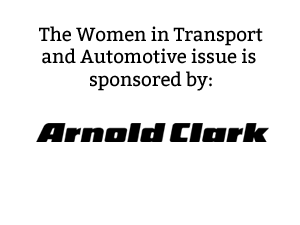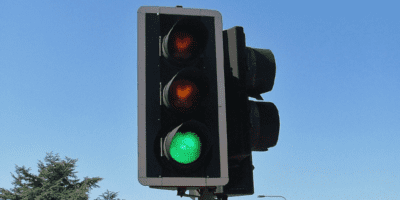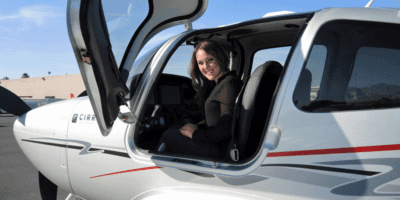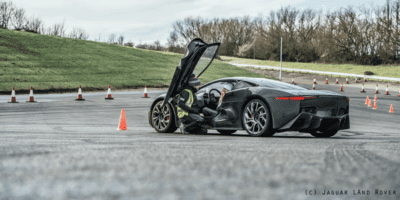Jo Field is the founder and executive director of JFG Communications, a new communications, engagement and public affairs consultancy, specialising in transport, infrastructure and gender diversity. Before this, she was Head of Campaigns, Communications and Engagement at Transport for London (TfL). A passionate campaigner for diversity, Jo is External Relations Chair of WTS (Women’s Transportation Seminar), the professional network for women in transport, and she was named FTA Everywoman in Transport and Logistics Industry Champion earlier in 2016.
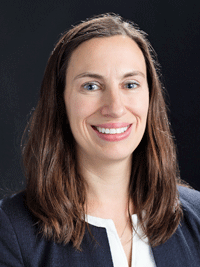
“…My four-year-old son was talking recently about the ‘men’ digging up the road. When I suggested there might be women too, he said: “No Mummy, women don’t do those jobs.” My son is not getting these ideas from me, but he is forming stereotypes based on what he is seeing in the world around him…”
Connecting people and policymakers
I’m proud to be a public affairs professional as I believe public affairs can be a force for good and can make a real difference to people’s lives.
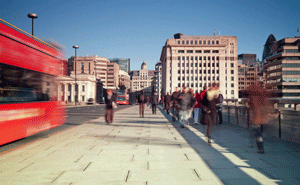
The role of public affairs professionals is to come up with innovative and creative ways to connect people and policymakers and providing that creative spark to help companies achieve their goals.
As a public affairs professional, I know that what we do matters. An important part of our role is connecting people and policymakers. We help decision makers to hear the voices of the people their decisions will directly affect. Ultimately, it adds up to better, more informed policy decisions being made.
Challenge and influence
My experience as a woman in a senior role within the transport sector has shown me we need to do more to challenge and influence the decisions being made that impact equality and diversity – in our industry and beyond.

By giving each group a seat at the table, all sides were able to discuss their personal experience and ultimately, feed back to the policy makers who make the decisions affecting their everyday lives.
Campaigning for change
The issue closest to my heart is gender equality and campaigning for a more diverse transport workforce.
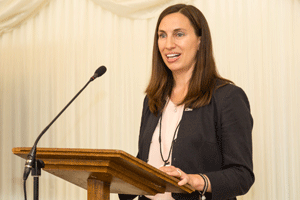
Personally, I have experienced a lack of diversity at first-hand throughout my career. However, the catalyst for making a personal commitment to campaign for change came after the birth of my second child. After two pregnancies and maternity leaves in quick succession, my confidence dipped and I didn’t feel I was operating at my best. As a woman in a senior leadership position, this was tough.
I realised that although there are some fantastic female role models and leaders in the transport industry, there are not nearly enough of them. This inspired me to take action and campaign for improved diversity in the sector, as well as reaching out to encourage more young women and girls to consider transport careers.
As part of my work to attract and retain women in transport I have mentored young people, delivered talks and social media campaigns to encourage young women in particular to join the industry.
Addressing women’s under-representation in transport
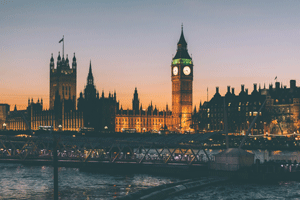
While we are beginning to see an improvement in the diversity of the transport workforce, there is still a huge amount of work to do, much of it related to cultural change. There is a real challenge not only to inspire the next generation of women to join the industry but also to keep them, and to retain the current female workforce.
“No Mummy, women don’t do those jobs.”
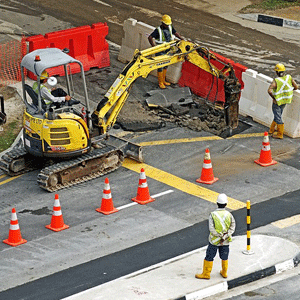
My four-year-old son was talking recently about the ‘men’ digging up the road. When I suggested there might be women too, he said: “No Mummy, women don’t do those jobs.” My son is not getting these ideas from me, but he is forming stereotypes based on what he is seeing in the world around him. That’s why it is so important for children and young people to have visible female role models at all levels, in all professions.
Addressing the infrastructure skills gap
The next meeting of the APPG for Women in Transport will look at how breaking down gender stereotypes and encouraging more young women to study science, technology, engineering and maths could be key to addressing the infrastructure skills gap – predicted by Government to be around 55,000 workers by 2020.
That’s why I believe everyone in the transport industry – and beyond – has a responsibility to make a difference to diversity within their sector. This could include getting more involved in public affairs and working with campaign groups, or simply taking a good look at what you could do to deliver improvements within your own company. Lots of small efforts collectively add up to big change. Don’t underestimate the impact you can have.
www.wtsinternational.org/london


